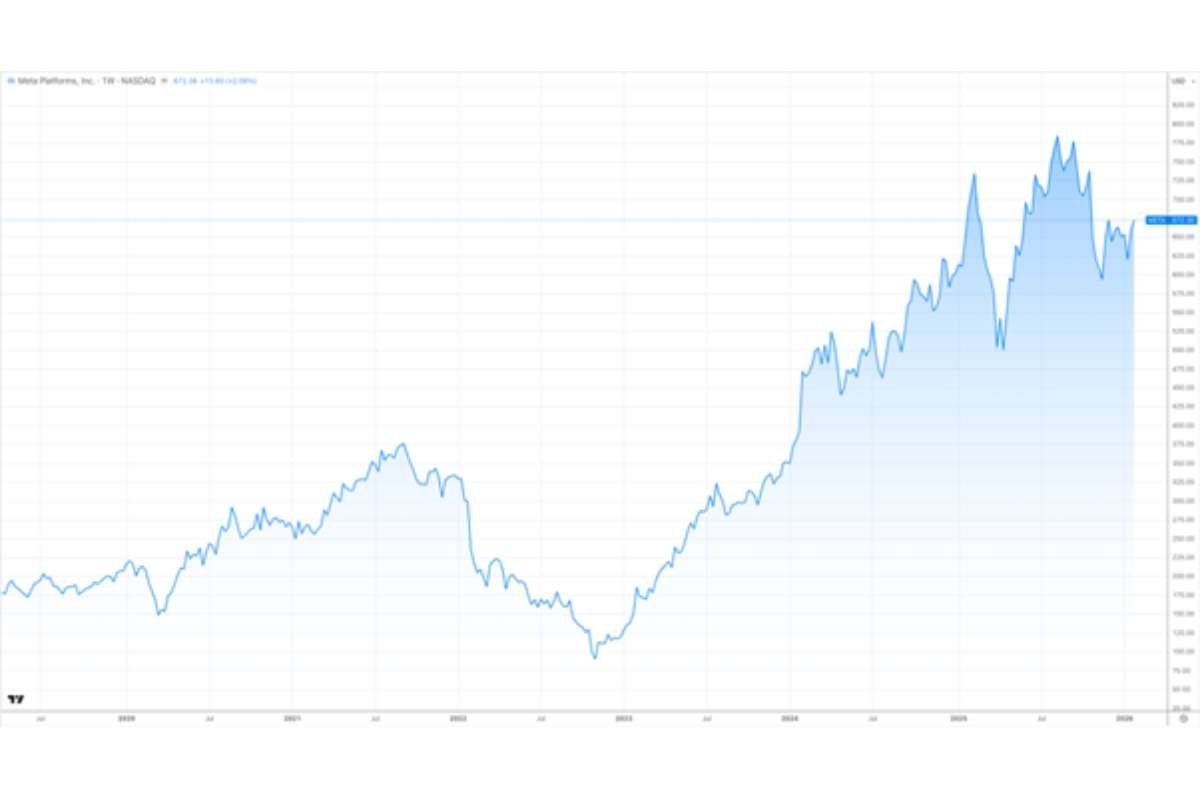Want to keep your personal details safe when registering a domain?
Domain privacy is one of the most overlooked (but critically important) steps in the domain registration process. It forms the foundation of your online security and plays a major role in your website’s vulnerability to spam, scams, and identity theft.
Without it, all of your personal contact details are exposed. And, here’s the kicker…
Domain privacy protection is…
- Cheap
- Easy to set up
- Easy to activate and works immediately
…and has an immediate impact on your online security and peace of mind.
What You’ll Learn:
- What Is Domain Privacy Protection?
- The Best Domain Registrars for Privacy Protection
- Why Domain Privacy Matters
- The Real Cost of Not Using Domain Privacy
- How to Activate Domain Privacy
What Is Domain Privacy Protection?
Domain privacy protection (also known as WHOIS privacy or domain privacy services) is a service that conceals your personal information from the public WHOIS database.
When done correctly, it ensures that your private details are inaccessible to anyone who runs a WHOIS lookup.
This process has two components, which, when applied, can have an impact on the security of your online presence:
- Information protection: Replacing your personal contact details with proxy information provided by your registrar
- Spam prevention: Reducing the amount of unwanted communications you receive from marketers, scammers, and other unwanted sources
By applying domain privacy best practices…
- You protect your personal information
- Reduce spam and unsolicited communications
- Prevent identity theft
The Best Domain Registrars for Privacy Protection
Not all domain registrars are created equal when it comes to privacy protection. When looking for high-value domain names, you should consider registrars that offer robust privacy features as standard.
You should choose registrars that offer robust privacy features as standard.
The best registrars for domain privacy usually offer:
- Free privacy protection: Some registrars include privacy at no extra cost
- Automatic renewal: Privacy protection that renews alongside your domain
The.com and.net TLDs remain the most popular, with combined registrations totaling 169.8 million at the end of Q1 2025.
Why Domain Privacy Matters?

Domain privacy matters because without it, your personal information is available to anyone who knows how to look up a WHOIS record.
To ensure the security of website owners, domain privacy has become increasingly important in recent years.
They scour the WHOIS database and look for personal information they can use for marketing, scamming, or worse.
And guess what? You have complete control over it. From the registrar you choose to the privacy options you select…
It’s all your responsibility
When I say personal information, I’m talking about details like:
- Your full name
- Your home address
- Your personal email
- Your phone number
They’re all exposed in a public WHOIS database…
Which means your privacy is at serious risk.
The Real Cost of Not Using Domain Privacy
To understand the true cost of not using domain privacy protection, realize that…
Scammers and spammers are always looking for personal information in the WHOIS database. They target…
- Unprotected domains: by targeting registrants who haven’t enabled privacy protection
- Fresh registrations: by monitoring new domain registrations to quickly target new website owners
Many domain owners have a firsthand example of this. For years they struggled with constant spam emails and phone calls after registering new domains. After trying many different ways to stop spam, they turned their attention to domain privacy.
They found:
- Their personal information was publicly available Their contact details were being harvested by marketing companies Their domains were vulnerable to social engineering attacks
So they applied domain privacy protection… By enabling WHOIS privacy for all of their domains.
The result? Their spam decreased by over 70%.
How to Enable Domain Privacy?

Enabling domain privacy is surprisingly simple and cheap. Most domain registrars offer it as an add-on service when registering a domain.
During Initial Registration
The easiest time to apply domain privacy is during the initial registration process. When you register a new domain, you’ll see an option for “Domain Privacy” or “WHOIS Protection” during checkout.
Ensure this option is checked before completing your purchase. Many registrars charge an additional fee for this service, but the cost is nominal compared to the security it provides.
According to recent statistics, the internet had 368.4 million domain name registrations across all top-level domains (TLDs) at the end of the first quarter of 2025.
For Existing Domains
If you already own domains without privacy protection, don’t worry! You can still apply it:
- Log into your domain registrar account
- Navigate to your domain management area
- Look for privacy settings or WHOIS protection options
- Enable the service and complete payment if necessary
The Role of GDPR in Domain Privacy
Only 10.8% of gTLD domain records in early 2024 identified the actual registrant, a sharp decline from 75.7% in early 2018 before GDPR. This shows that privacy mechanisms have become much more common since GDPR implementation.
Common Domain Privacy Myths
There are several myths about domain privacy that may dissuade website owners from using this important service:
Myth 1: Domain Privacy Is Only for Hiding Illegal Activity
Domain privacy is for everyone who cares about their personal security and wants to reduce spam. Just as you wouldn’t share your home address and phone number on social media, you shouldn’t share it in the WHOIS database.
Myth 2: Domain Privacy Harms Your SEO
Google and other search engines have repeatedly stated that using domain privacy protection does not affect search rankings. Your website will be judged on its content, user experience, and backlink profile—not whether your WHOIS information is public.
Wrapping It All Up

Domain privacy isn’t an optional extra—it’s a critical component of responsible domain ownership. Whether you’re registering your first domain or managing a portfolio of high-value domains, privacy protection should be a top priority.
Remember these key takeaways:
Domain privacy protects your personal information from being publicly accessible Nearly 90% of domain owners now use privacy or proxy services The small cost of privacy protection is insignificant compared to its benefits GDPR has increased baseline privacy, but explicit protection is still recommended
By applying strong domain privacy practices from day one, you protect yourself from spam, reduce the risk of identity theft, and create a more secure foundation for your online presence.
Frequently Asked Questions
What is domain privacy protection?
Domain privacy protection is a service offered by domain registrars that replaces your personal contact information in the public WHOIS database with proxy information. This conceals your name, address, email, and phone number while maintaining full ownership of your domain.
How much does domain privacy cost?
Domain privacy typically costs between $5-15 per year per domain, though some registrars offer it for free with certain domain extensions or as part of premium packages. Considering the protection it provides against spam and identity theft, it’s a small price to pay for peace of mind.
Is domain privacy really necessary?
Given that nearly 90% of domain owners now use privacy or proxy services, it’s clear that domain privacy is a necessity for most website owners. If you care about your personal privacy, want to reduce spam, and protect yourself from identity theft, domain privacy is a necessity.


















